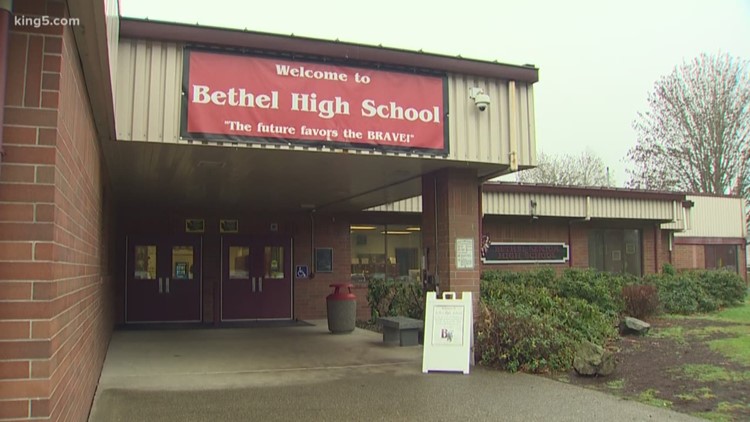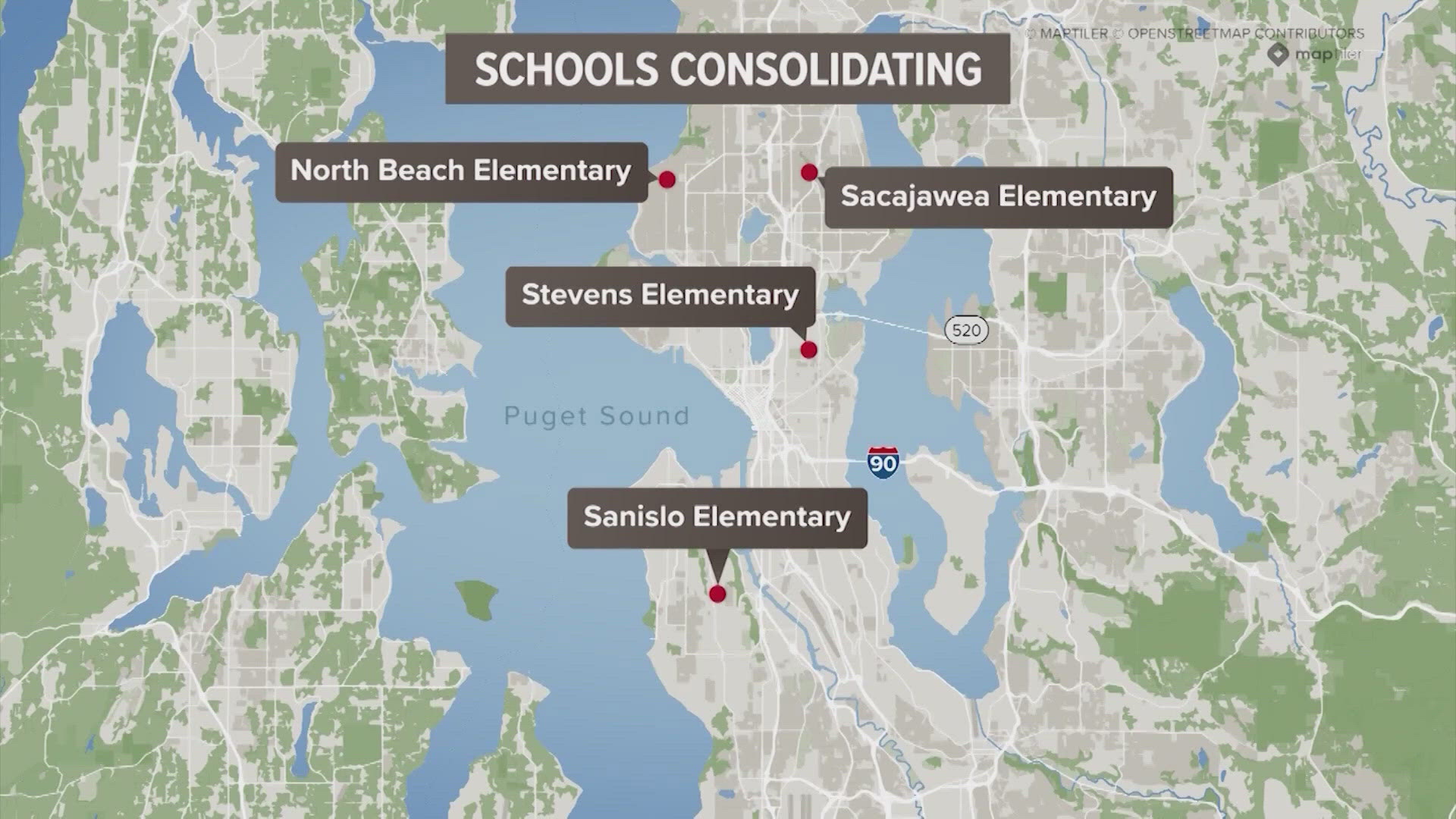Bethel School District is attempting to pass a $443 million bond in a last-ditch effort to battle overcrowding before turning to more drastic measures.
“We have a problem,” said Bethel School District Superintendent Tom Siegel. “It not going to get any better, and it’s only going to get worse with more kids coming.”
Since Bethel’s last school bond passed in 2006 and a new school opened in 2009, the district has gotten 2,200 more students, according to Siegel. They are projected to grow by another 3,000 students over the next 10 years.
The bond on the February special election ballot, Proposition 1, would pay for a new high school and two new elementary schools, renovations at six schools, as well as district-wide improvements.
The proposal would levy a property tax of $1.42 per $1,000 of assessed value. That works out to about $35 per month for the average house in Bethel, which is valued at $297,021, according to the district.
However, property owners would actually see a slight decrease in their overall tax bill due to changes in state education funding stemming from the 2017 McCleary Decision. If the measure passes, property owners would see their bill decrease from $5.95 per $1,000 of assessed value to $4.66.
RELATED: What is the McCleary Decision?
If the bond doesn’t pass in February, Siegel said the school board will have to turn to more disruptive options, such as four track year-round schooling or shift work.
For example, under the year-round schooling option, kids could be divided into four groups and go to school for 60 days and then have 15 days off, allowing for 25 percent capacity.
One shift work option would create two groups of kids who would go to class from 6 a.m. to noon or from 1-7 p.m. Under another option, kids could go to school for 8-10 hours a day for three days a week, and the buildings would operate six days a week.
“We’re running out of options to operate schools in the traditional mode people have accepted,” Siegel said.
The district’s boundary review committee has also been considering new boundaries for the next school year, but those recommendations have been put on hold until after the election.
If the bond does pass, Siegel said the district won’t have to implement those dramatic scheduling changes.
“We probably can limp through with what we’ve got, but if it doesn’t pass we need to begin the planning process for those,” Siegel said.
It’s the district’s fifth school bond attempt since 2016. In November, a similar bond measure nearly passed, but fell 307 votes short of the 60 percent supermajority required to be approved.
Meanwhile, state Sen. Mark Mullet, D-Issaquah, has introduced Senate Bill 5252, which would lower the threshold for school bond approval to 55 percent. That bill is currently in the Early Learning & K-12 Education Committee.



